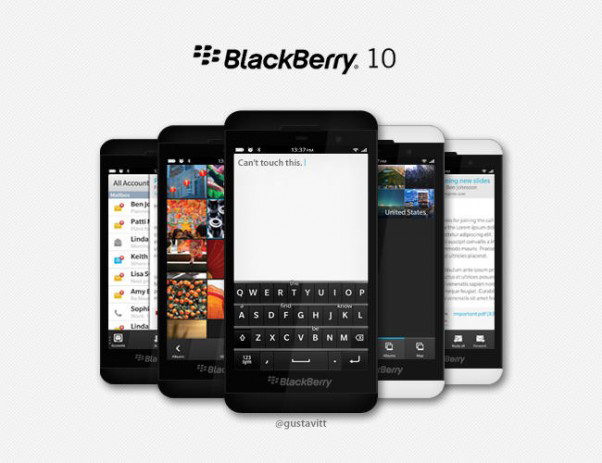Technology
BlackBerry launches new operating system and devices – Will brand and market share be revived?
Today is the start of the much-anticipated relaunch of almost everything BlackBerry. RIM, the company behind the one-time king of the mountain of smart phones, will release its latest generation of mobile phones and devices, as well as the new Blackberry 10 operating system.
Jan. 29, 2013

Today (Jan 30, 2013) is the start of the much-anticipated relaunch of almost everything BlackBerry. RIM, the company behind the one-time king of the mountain of smart phones, will release its latest generation of mobile phones and devices, as well as the new BlackBerry 10 operating system.
Will the brand be revived and regain some of the market share it has lost to Apple and Android device makers like Samsung?
That depends on how well BlackBerry’s new operating system and devices engage business users, according to Dan Wagner, CEO of mobile payments firm mPowa. His company has launched as a point of sale device that enables mobile credit and debit card payments. Its app is available for iPhone, iPad, Android, Windows and BlackBerry devices, and includes a physical card reader that connects via Bluetooth.
“In its quest to gain a larger slice of the consumer market, BlackBerry mustn’t lose sight of the core business customer base that it initially built its products around,” Wagner said. “Business has evolved drastically since the launch of BlackBerry’s first smartphone in 2003, and business users now want to do more with their hand-held devices, effectively turn them into mobile offices with which they can do far more than merely access their calendars and emails. Many have jumped ship and have opted for rival devices which have much more compelling offerings. BlackBerry needs a dynamic platform that supports additional services that make businesses more efficient and mobile – if it is to hang onto its customers.”
Wagner said that part of BlackBerry’s problem is that not all app developers have taken the approach of mPowa and created apps for BlackBerry users.
“It was important for us that our service was available to all users, and as a result, we developed for BlackBerry devices too,” he said. “We therefore have a product that enables a wide range of companies to accept card payments wherever they are. For Blackberry, an improved operating system is just one part of the journey; the major task BlackBerry has is persuading app developers that there is value in investing in its infrastructure. In comparison to iOS and Android, BlackBerry has a tough game of catch-up to play when it comes to apps. There is huge growth potential that can be exploited, but BlackBerry should be a more future-proof organization that opens the door for relationships with other innovative companies.”
